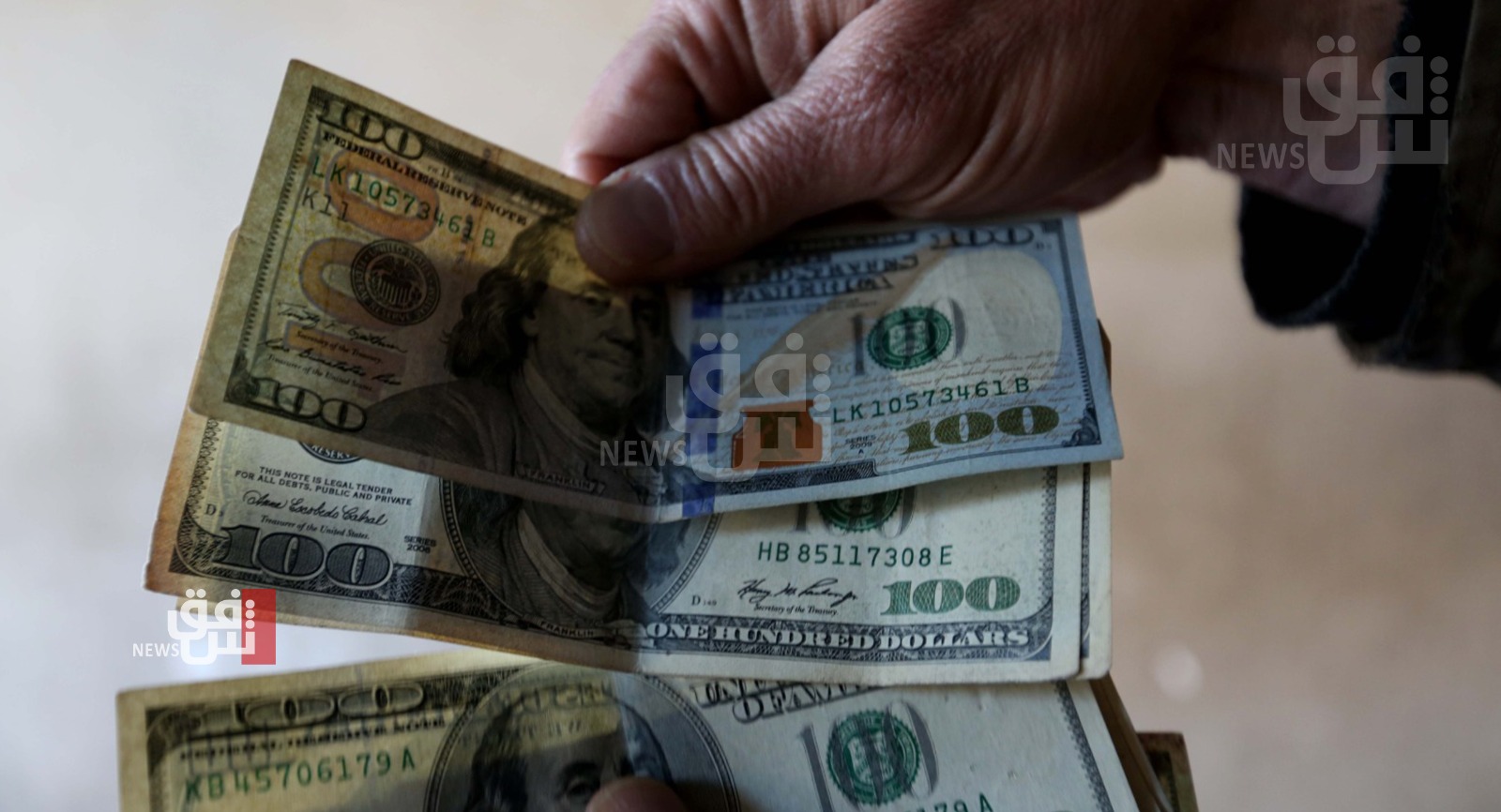Oil prices surge as Middle East conflict raises supply fears

Shafaq News/ Oil prices continued their upward trend on Friday, edging towards substantial weekly gains as investors weighed the possibility of supply disruptions from an expanding conflict in the Middle East, despite an abundance of global supply.
Brent crude futures rose by $1.33, or 1.7%, to $78.93 per barrel at 1057 GMT, while US West Texas Intermediate (WTI) futures climbed $1.27, or 1.7%, to $75 per barrel. Both benchmarks are on track for weekly gains exceeding 9%, marking the largest weekly increase since October 2022, as per Sky News Arabia.
Earlier on Friday, oil prices had surged by 8%, with Brent futures increasing by 9 cents to $77.71 per barrel and WTI up by 8 cents to $73.79 per barrel.
Ashley Kelty, an analyst at Panmure Gordon, noted, “Iran saved face with its missile strike on Israel on Tuesday, but there is growing concern that Israel might target Iranian oil infrastructure in retaliation, which could trigger counterstrikes and drag neighboring countries into the conflict.”
On Thursday, US President Joe Biden stated that his administration was assessing whether to support Israeli strikes on Iranian oil facilities in response to Iran’s missile attack on Tel Aviv. Meanwhile, the Israeli military continued airstrikes on Beirut in its ongoing conflict with Hezbollah.
Biden’s remarks contributed to a 5% rise in oil prices as Israel weighed its response options following Iran’s largest attack on Israel in recent years.
Despite the geopolitical tensions, concerns over supply disruptions remained limited due to OPEC’s spare production capacity and the fact that global crude supplies have yet to be directly impacted by the turmoil in the Middle East.
Furthermore, Libya announced the reopening of all oil fields and export terminals on Thursday after resolving a central bank leadership dispute. This resolution is expected to boost Libya’s oil production to around 1.2 million barrels per day, alleviating concerns over supply constraints.






